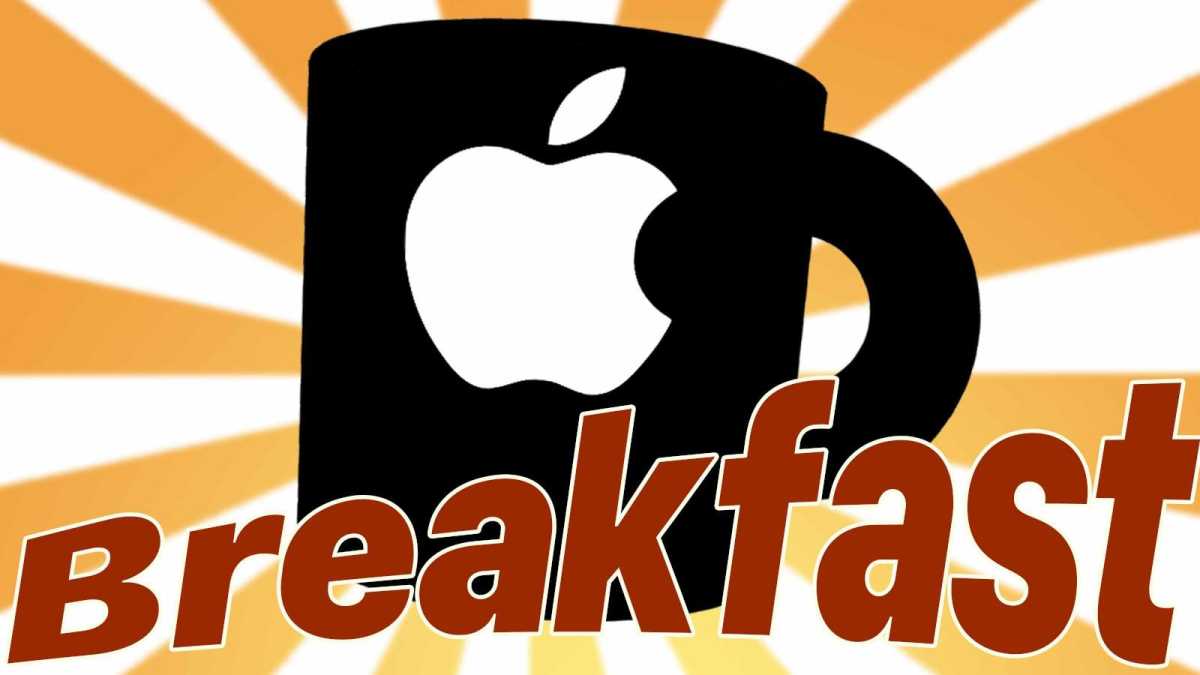As a Brit writing for a mainly U.S.-based audience, I tend to have mixed feelings when my homeland makes an appearance in the tech media. References to Tim Berners-Lee or ARM processors are one thing, but all too often it’s unchecked surveillance or misguided AI hype. There’s more to the U.K. than Ed Sheeran and Downton Abbey, but not all of it is good.
Last week, I found myself not just reading tech articles about Britain but actually writing one when sources claimed that Keir Starmer’s government had given up on its bid to break Apple’s iCloud encryption. Back in January, the Home Office issued a “technical capability notice” requiring access to content uploaded to the cloud by any of the company’s customers throughout the world. But Apple said no, and it looks increasingly like that will be that.
It’s an odd feeling to see a developed and, in global terms, extremely prosperous country get defeated by a corporation. To be more specific, it feels wrong–and as a general rule, I’d say it’s a very bad precedent if a company is able to apparently easily defy the wishes of a democratically elected government. In this case, those wishes were somewhat crackers (my colleague Jason Cross argued that the plan “would instantly compromise the security of over two billion Apple users”), not to mention implemented via a secret order. But I’m still leary about celebrating this latest development a win.
Apple is not, contrary to what it would like us to believe, an ethically motivated organisation. It exists to make money, and the usual method it uses to achieve this is to make nice products and ensure customers get a good experience. In this particular case, the interests of humans and the interests of the corporation happened to coincide, because people don’t want their data security compromised and Apple doesn’t want the bad PR of allowing that to happen to its users.
But in other cases—such as when it had a terrible environmental record for years, or when it removed VPNs and media apps from sale in China—those interests did not align, and Apple followed the money, as it always will. It’s better to have major decisions of this nature made by (hopefully well-advised) politicians, who may be flawed but are at least accountable directly to us, than by companies motivated by profit and answerable only to their shareholders.
As one of the most valuable companies in history, with annual marketing spend bigger than quite a few countries’ military budgets, Apple is in a strong position to throw its weight around on the global stage. Having the company invest and operate in your country is so beneficial that many allow it to pay almost zero tax (in 2014 it paid an estimated 0.005 percent in Ireland, for example, despite the official rate there being 12.5 percent) while overseas suppliers fall over themselves to offer favorable rates and priority treatment as Apple plays off China, India, Vietnam, and Brazil against one another.
Apple spends a small fortune on legal counsel and another on political lobbyists. It pushes hard—as do all corporations—to enjoy the most favourable interpretation of the law at all times, and if that isn’t good enough, tries its best to get the law changed. None of this is unique to Apple. What is unique is the scale and scope of its political power.
This isn’t to say that Apple cannot be tamed. In its home country, notably, the company has far fewer options. It can’t threaten to withdraw investment or easily shift profits elsewhere, and it can’t simply remove a product from sale here, because the market is too big and too important. Cupertino does more lobbying in the U.S. than anywhere else, and chafes just as violently against U.S. regulation, but when the rulings are made, it has no choice but to abide by them. It has no nuclear option at the end of the road. This may be why Tim Cook has been so consistently conciliatory to President Trump, knowing how dangerous it would be to have an enemy with control over tax and tariff policies.
The U.S., then, is a special case. But we can look elsewhere for a better example of how countries can counteract Apple’s immense pan-continental power. The organisation that Apple is really scared of is the EU, which induced the company to switch from Lightning to USB-C, reluctantly launch a self-repair program, and even make available in Europe a special version of iOS that allows sideloading. Most of the time Apple does what it likes. But when the EU comes calling, Apple does what it’s told… up to a point.
The key to keeping Apple and any other multinational company in check is for countries to present a unified front: Apple might at a push be prepared to withdraw the iPhone from sale in Spain or Italy, but the entire EU zone? That’s not happening. Bloc negotiation gives regulators the power to force change that benefits users. Or, you know, doesn’t, because regulators get things wrong some of the time. But it’s a better system that is at least motivated to try to do the right thing, rather than the thing that is most profitable.
Where does this leave the U.K.? On the outside, after leaving the EU in 2020. And now facing the reality that Apple can ignore its governmental policies. But never mind, it’s probably a coincidence.

Foundry
Welcome to our weekly Apple Breakfast column, which includes all the Apple news you missed last week in a handy bite-sized roundup. We call it Apple Breakfast because we think it goes great with a Monday morning cup of coffee or tea, but it’s cool if you want to give it a read during lunch or dinner hours too.
Trending: Top stories
Roman Loyola is here with a gloomy question: Does the Mac even matter anymore?
Apple’s public betas are here—and they’re nothing but trouble.
Alex Blake has been testing macOS Tahoe for weeks. Here are the five features he can’t live without.
Apple hasn’t made anything insanely great since the AirPods. Why? Blame AI, says the Macalope.
Maximize iCloud+! Here are 5 tips and tricks you need to start using right now.
The best accessory Michael Simon ever bought for his MacBook can be yours for $20.
Podcast of the week
We’ve been hearing about a folding iPhone for years now, but it seems like it’s going to be a reality, based on the reports that have become more persistent recently. So in episode 943 of the Macworld podcast, we talk about the latest developments in the folding iPhone saga.
You can catch every episode of the Macworld Podcast on YouTube, Spotify, Soundcloud, the Podcasts app, or our own site.
Reviews corner
- Ugreen NASync DXP series review: NAS newbie brings great design and intuitive software.
- UnifyDrive UT2 review: Fantastically versatile portable NAS.
- OWC Thunderbolt 5 Dock review: A Goldilocks docking station.
- Ugreen MagFlow Qi2 2-in-1 review: Practical travel charging station.
The rumor mill
The M5 iPad Pro will reportedly get a clever but unexpected upgrade.
Report: iOS 27 will have Apple’s first folding iPhone features.
Odd iOS 26 phrasing hints at new HomePod with screen.
Video of the week
A cheap MacBook powered by an iPhone chip? All is revealed in our latest short. Catch all our short-form video on TikTok.
Software updates, bugs, and problems
The iOS 26 public beta is here, but you probably shouldn’t install it yet.
What happened to Launchpad in macOS Tahoe, wonders Roman Loyola.
iOS 26 finally takes the shackles off copying text in Messages.
You can now answer phone calls on your Apple TV, but there’s a catch.
And with that, we’re done for this week’s Apple Breakfast. If you’d like to get regular roundups, sign up for our newsletters, including our new email from The Macalope–an irreverent, humorous take on the latest news and rumors from a half-man, half-mythical Mac beast. You can also follow us on Facebook, Threads, Bluesky, or X for discussion of breaking Apple news stories. See you next Monday, and stay Appley.





